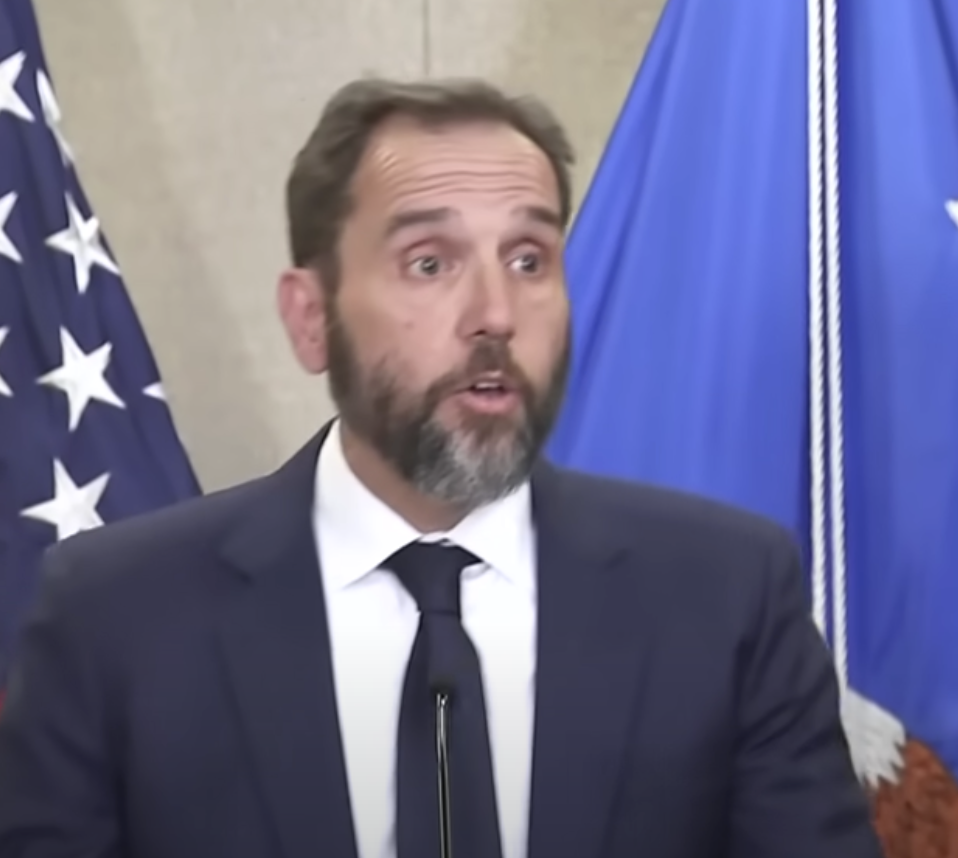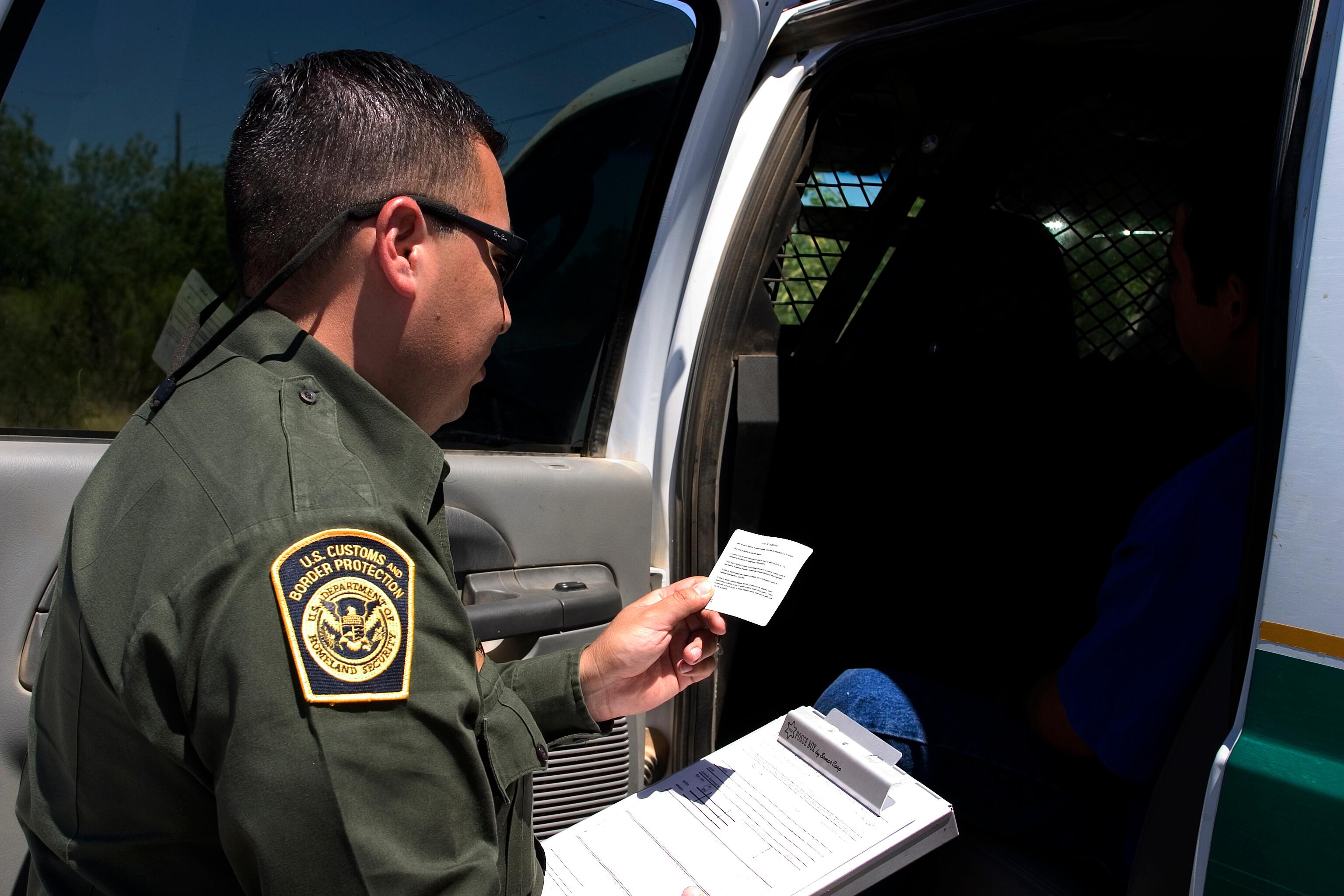The crooked accountant whose testimony helped seal the fate of New York’s infamous “Mafia Cops” is back to his old tricks, court records show.
Former CPA Stephen P. Corso cashed in on his testimony five years ago against ex-detectives Lou Eppolito and Steve Caracappa and avoided a long sentence for stealing $6 million from clients, the IRS and the state of Connecticut. Instead, he did eight months at a prison camp. Last month, four years after he was ordered to start paying $5.4 million in restitution, the feds called Corso on the carpet for not doing so, according to court papers filed in Connecticut Federal Court.
And Corso, who whined about his lenient sentence for seven months before beginning his prison term on September 15, 2009, is not happy about forking over any cash, according to court filings. Corso stole millions from clients right up until his friend and neighbor, TV sports icon Dan Patrick, discovered the accountant he trusted had stolen $803,000 from him and told the FBI. But since his prison term ended in 2010, Corso has reneged on an order to make monthly $4000 restitution payments. His default has angered all parties in the case, including his defense lawyers who have hadit with Corso.
Corso, 59, was ordered by Federal Judge Janet Hall to appear at a “debtor’shearing” next month. At that proceeding, he will be required to declare how much money he has, and how much he’s earning as a business consultant.
At the time of his sentencing, he was raking in more than $420,000 a year, according to court papers. Most importantly, he’ll have to say why he hasn’t been paying the $4000 a month Hall ordered him to pay when he concluded his prison term.
But before that, he’s going to have to hire an attorney to defend his interests at the hearing or go pro se because the two lawyers who represented him in late 2009 — Frank Razzano of Washington, D.C. and David Zabel of Bridgeport — have moved on. Both attorneys say in court papers that they have neither the expertise nor the desire to represent him at the debtor’s hearing.
At sentencing, Judge Hall ruled that $325,000 in an escrow account that Corso opened in 2002 be disbursed pro rata to his victims — clients whom he systematically ripped off while preparing their tax returns from 1997 to 2002. Corso placed the money in escrow when the FBI set him up in Las Vegas — where the CPA’s gambling losses had turned him into a thief —after he pleaded guilty and he began tape recording mob-tied gangsters he met in Vegas bars and on the Strip.
That’s where he met Eppolito and Caracappa, who had moved to Las Vegas after their NYPD days. In tape recorded conversations between October 2004 and March of 2005, Corso snared them in a plot to buy an ounce of speed. The crime was tiny, but it was big enough to help convict them of racketeering and murder charges going back to the 1980s and put them behind bars for life.
In 2009, that drug sale, and his trial testimony, also earned Corso a short stay behind bars, instead of the eight years called for by the sentencing guidelines.
But since his official release from federal prison in July of 2010 — following a short stay at a hallway house in southern California — Corso still owes $5.4 million in
restitution, according to court filings in his case.
In August of 2010, the Connecticut U.S. Attorney’s office cited the restitution money Corso owed in a “writ of garnishment” it filed with Wells Fargo Bank seeking to seize his funds but the bank responded that Corso’s “accounts are closed” and that the bank did not have “any property belonging to the defendant.”
Last month, U.S. Attorney Deirdre Daly, citing Corso’s $5.4 million debt, obtained an order from Judge Hall mandating Corso to bring his tax returns for the last two years, and numerous other financial records to court on October 10 and testify “about his assets and his ability to pay the judgment,” or be arrested for contempt of court.
Corso’s former attorneys did not respond to calls for comment. A
spokesman for Daly declined to explain why it took four years to push Corso to pay up. Citing “Privacy Act concerns,” the spokesman would say only that Corso “hasn’t fully complied with his restitution obligation.” Corso, who resides in a suburb of San Diego, could not be reached for comment.
At his February 3, 2009 sentencing, after hearing Susan Patrick describe the “irreparable” harm Corso had done to her family, especially her “husband, who was the closest to him, (and) still has trouble talking about it,” Corso said he was “deeply sorry” for betraying their trust but had changed his ways since his arrest and would never again violate “the trust of people I work for.”Corso noted that two days earlier, while he was watching the Super Bowl, he heard an announcer paraphrase an F. Scott Fitzgerald quote, “There are no second acts in American lives,” and told Judge Hall that he disagreed with that statement.
“I believe he’s wrong. I believe that my chapter two can be lived in an honest way,” said Corso, who failed to note that his chapter one friend and neighbor from Milford Connecticut, Dan Patrick, had begun a new chapter in his life that Sunday when he worked his first Super Bowl as a pre-game host for NBC.






